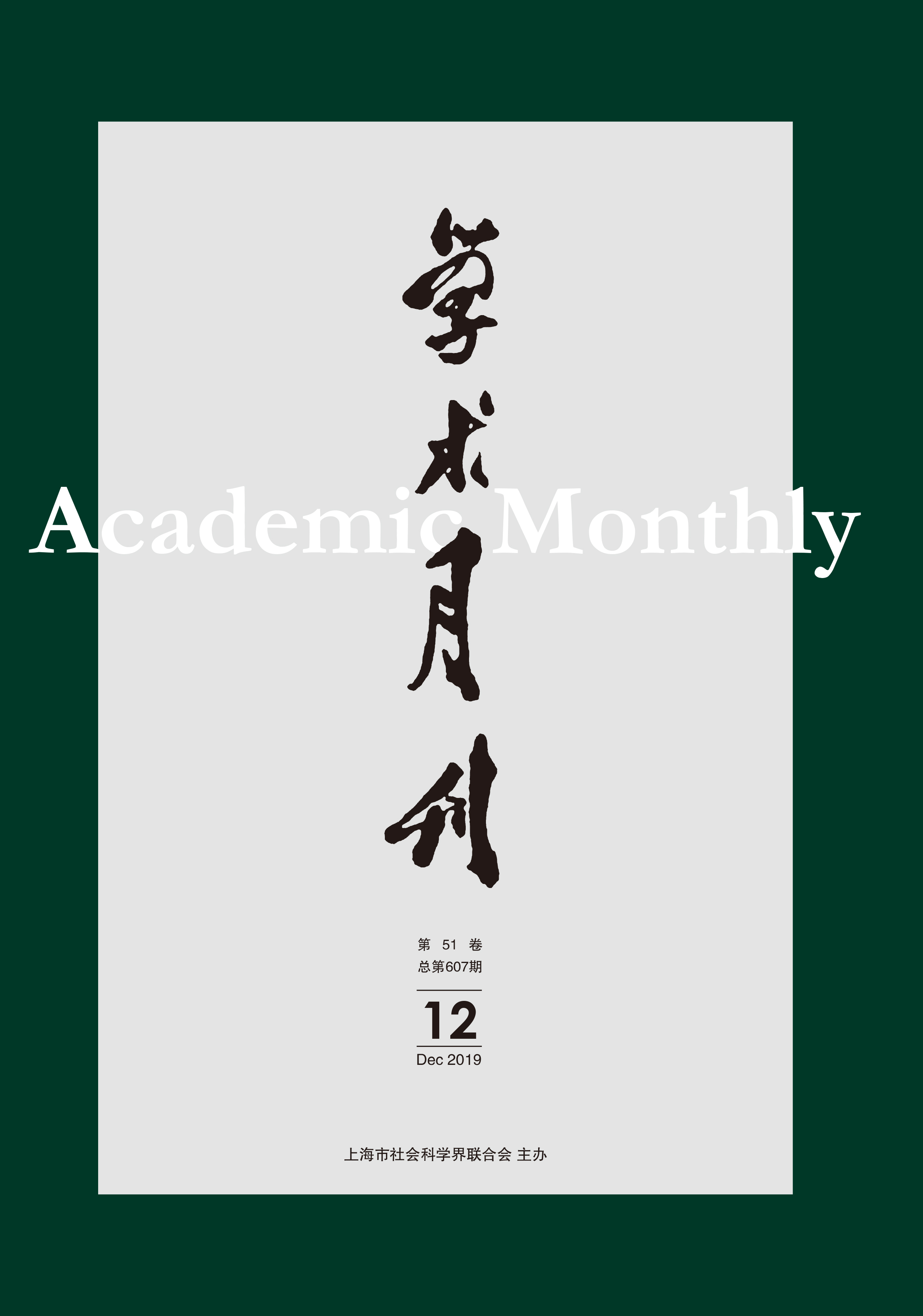-
[1]
Zhongyuan WANG
, Sujian GUO
. Forty Years of Development of Chinese Political Science: History, Challenges and Prospects. Academic Monthly,
2018, 50(12): 75-85.
-
[2]
Guangbin YANG
. The Agenda of Political Science in China in the Age of the Great Transformation. Academic Monthly,
2020, 52(9): 5-14.
-
[3]
Guoqiang TIAN
. Policy Coordination and Reform Response for China’s High-quality Economic Development. Academic Monthly,
2019, 51(5): 32-38.
-
[4]
Guoqiang TIAN
, Xudong CHEN
. How to Pursue Progress while Maintaining Stability and Promote High-quality Development for China’s Economy. Academic Monthly,
2022, 54(6): 34-46.
-
[5]
TIAN Guoqiang
. Comparison of Moral Philosophies between Smith and Kant. Academic Monthly,
2023, 55(5): 36-44.
-
[6]
Jian WEI
. Large-scale Reallocation of Factors and the Lubrication of Public Ownership. Academic Monthly,
2020, 52(4): 45-54.
-
[7]
Shao’an HUANG
. Major Economic Theory Innovations afterChina’s Reform and Opening-up. Academic Monthly,
2019, 51(3): 39-47.
-
[8]
Feng REN
. The research on Chinese Political Tradition and the Possibility of Historical Politics. Academic Monthly,
2020, 52(1): 73-83.
-
[9]
,
,
,
. . Academic Monthly,
2016, 48(10): 99-108.
-
[10]
WEN Xiang
. Art Market Research and Discipline Construction of Art Sociology. Academic Monthly,
2023, 55(6): 116-124.
-
[11]
Zhenhua HUANG
. Household Logic of National Governance: An Analytical Approach Based on Field Politics. Academic Monthly,
2021, 53(7): 91-104, 178.
-
[12]
XU Chao
. Answering Epochal Topics and Responding to Practical Requests— A Brief Review of the One-hundred Historical Development of
Political Studies Discipline in China. Academic Monthly,
2023, 55(5): 83-93.
-
[13]
,
. Urban-Rural Relationship since the Reform and Opening up: Historical Context, Phase Characteristics and Future Prospects. Academic Monthly,
2018, 50(04): 58-68.
-
[14]
. . Academic Monthly,
2018, 50(01): 30-45.
-
[15]
. . Academic Monthly,
2017, 49(09): 70-80.
-
[16]
LIN Qing
. The Hobbes Element in Biopolitics. Academic Monthly,
2023, 55(9): 22-30.
-
[17]
Huifen GUO
. A New Sight on the Study of Modern Chinese Literature. Academic Monthly,
2019, 51(12): 121-132, 141.
-
[18]
Wen ZHOU
. The Enlightenment of the Status Quo of the Right to the City in Western Countries to China’s Urbanization Construction. Academic Monthly,
2021, 53(8): 59-66.
-
[19]
Zhengxu WANG
. Order and Prosperity: An Institutionalist Framework for First Questions of Politics. Academic Monthly,
2022, 54(3): 110-123.
-
[20]
Qing TAO
, Xiao’an LIANG
. Marxist Anthropological Research in the Perspective of Political Science. Academic Monthly,
2022, 54(8): 67-79.



 沪公网安备 31010102003103号
沪公网安备 31010102003103号 DownLoad:
DownLoad: